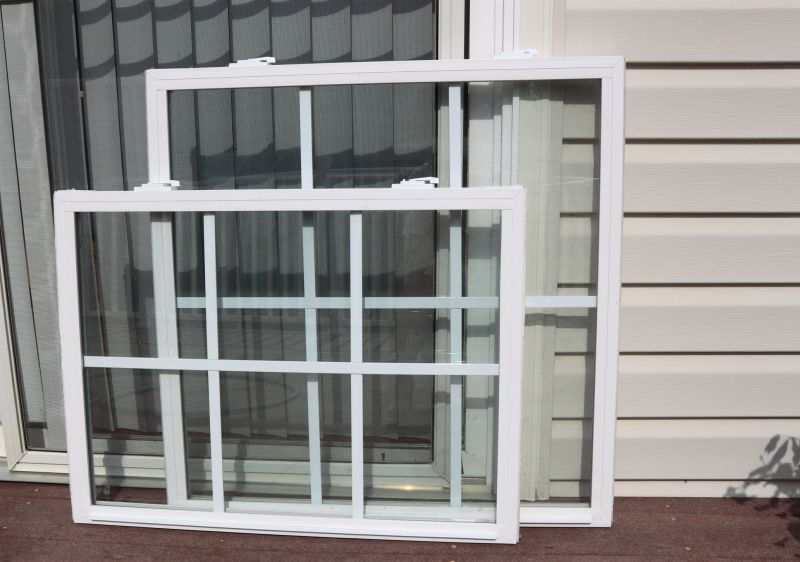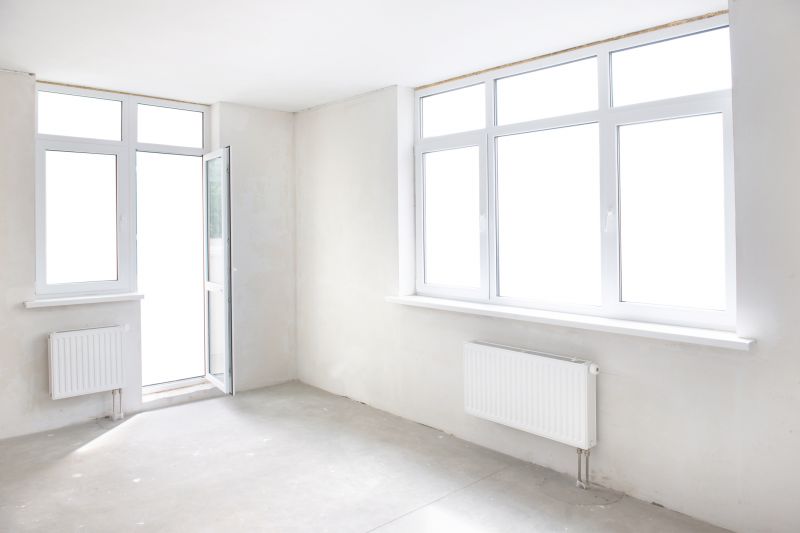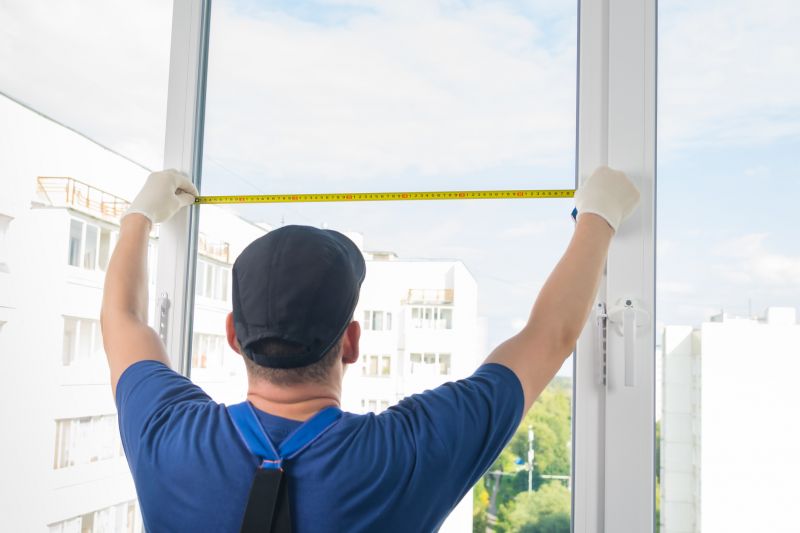Optimal Timing for Windows Installations
Windows installations are most effectively scheduled during periods of low system activity and minimal disruption. Optimal times include late evenings, weekends, or during planned maintenance windows. Proper timing ensures smooth setup, reduces downtime, and allows for thorough testing.
Choosing evenings or weekends minimizes impact on daily operations and allows for dedicated setup time.
Spring and fall often provide milder weather, reducing potential delays caused by extreme temperatures or weather disruptions.
Aligning installations with slower business periods prevents interruptions during busy seasons or critical project phases.
Ensure hardware is prepared and compatible before scheduling to avoid delays and ensure a smooth installation process.

Ways to make Windows Installations work in tight or awkward layouts.

Popular materials for Windows Installations and why they hold up over time.

Simple add-ons that improve Windows Installations without blowing the budget.

High-end options that actually feel worth it for Windows Installations.

Finishes and colors that play nicely with Windows Installations.

Little measurements that prevent headaches on Windows Installations day.
Windows installations are a critical component of maintaining optimal system performance and security. Proper planning and timing can prevent disruptions and ensure that updates and new setups are completed efficiently. Statistics indicate that scheduling during off-peak hours reduces installation failures and minimizes user downtime, leading to higher productivity and system reliability.

A 60-second routine that keeps Windows Installations looking new.

A frequent mistake in Windows Installations and how to dodge it.

Small tweaks to make Windows Installations safer and easier to use.

Lower-waste or water-saving choices for Windows Installations.
| Timing Tips | Details |
|---|---|
| Schedule during off-peak hours | Late evenings or weekends are ideal for minimizing disruptions. |
| Plan around business cycles | Align installations with slower periods to avoid peak times. |
| Prepare hardware in advance | Ensure hardware compatibility and readiness before scheduling. |
| Perform backups prior to installation | Complete data backups to prevent data loss during setup. |
| Allow sufficient time for setup | Allocate enough time for thorough installation and testing. |
| Coordinate with IT staff | Ensure technical support is available during the process. |
| Consider seasonal weather | Choose milder seasons to prevent delays caused by weather. |
| Schedule updates after installation | Complete system updates post-installation for security and performance. |


